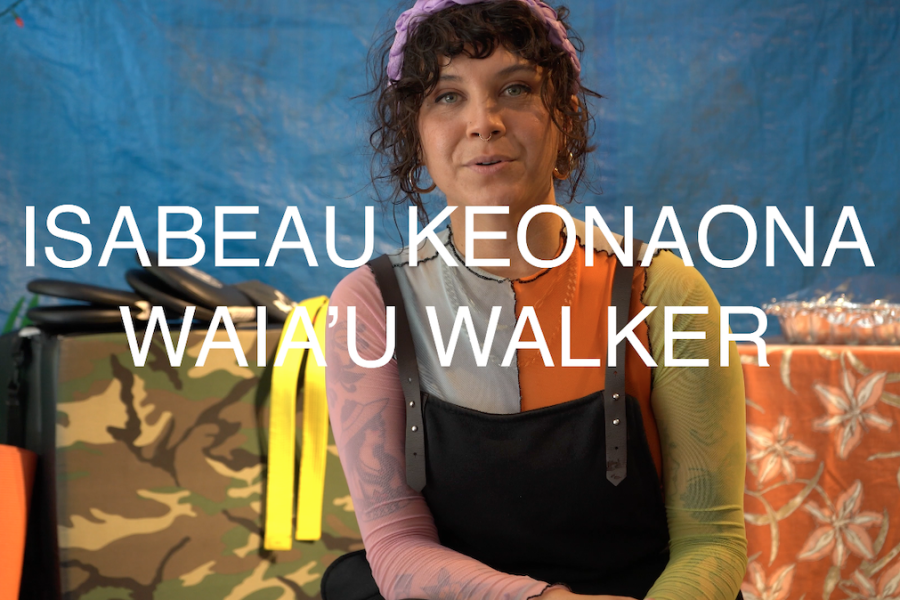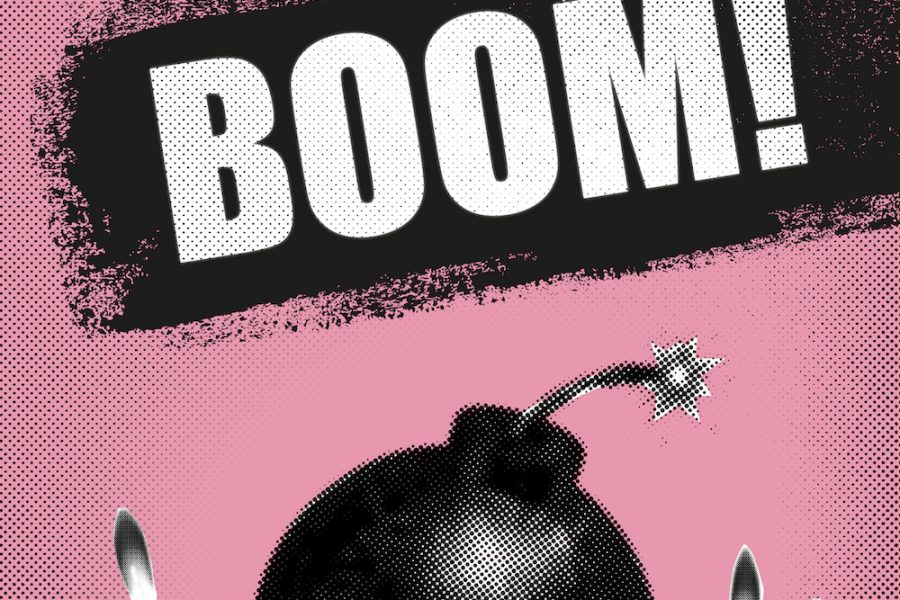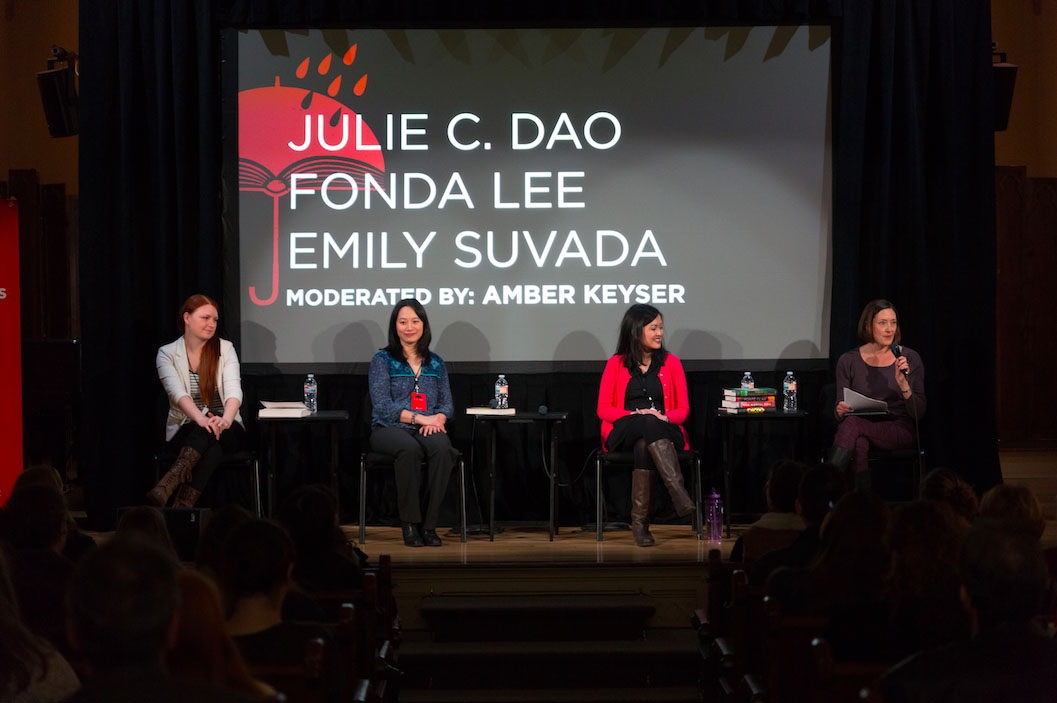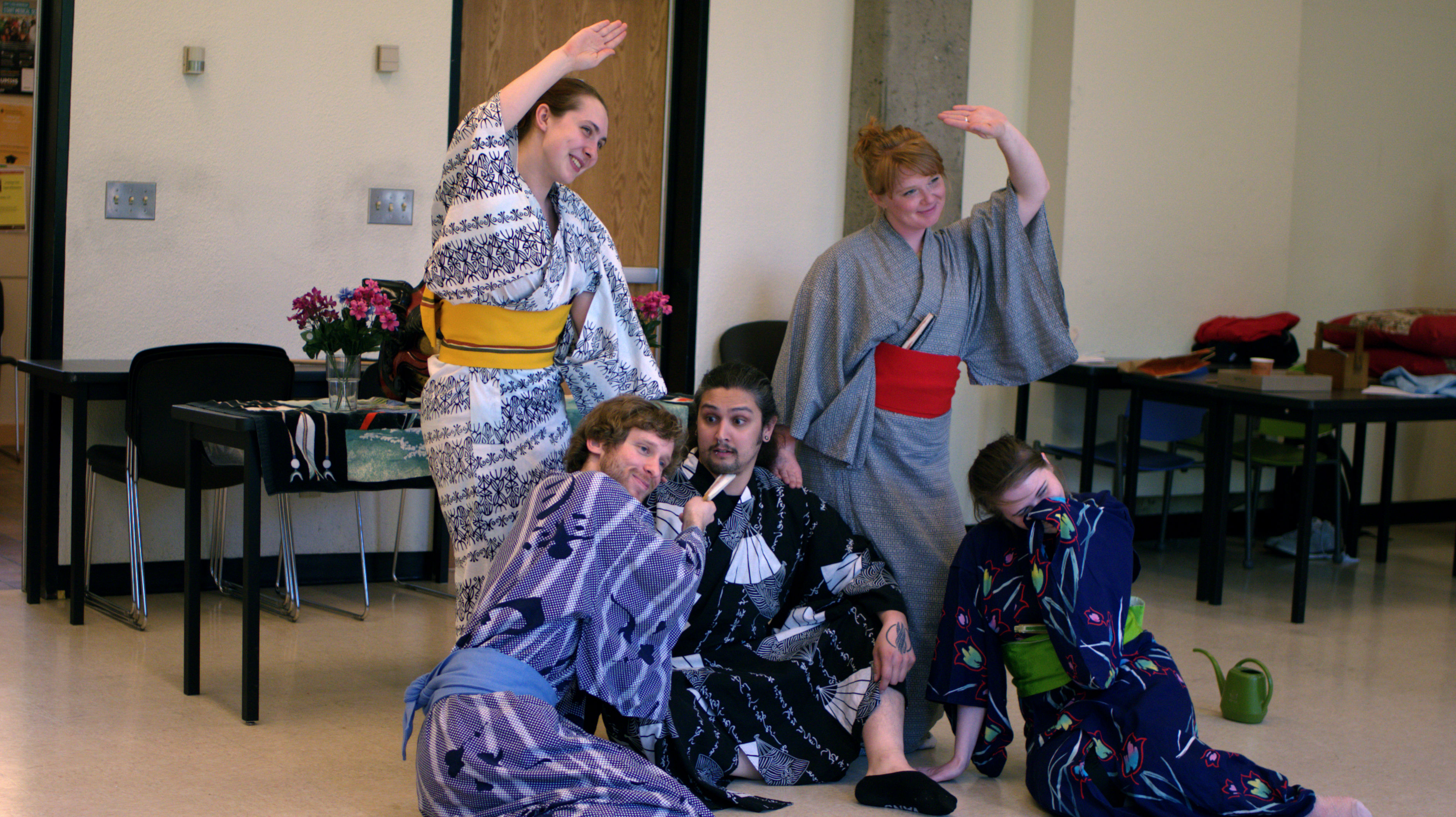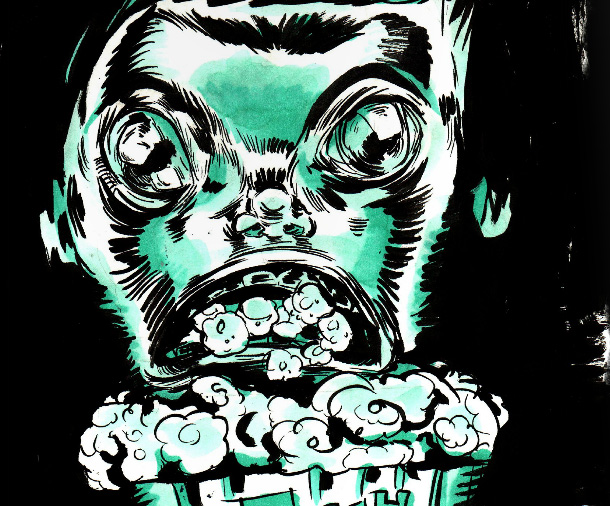Time and time again, one can witness how some individuals in positions of power have abused that power to the detriment of others. Historically and repeatedly, we have seen systems of power restrict marginalized groups, often destroying culture and healing practices in the process.
In his Netflix docuseries How to Change Your Mind, celebrity author Michael Pollan argues that the use of psychoactive fungi is no exception. “When the Spaniards colonized the Indigenous peoples of Mexico… they talked about people using mushrooms and entering these transcendent states, using mushrooms in their worship,” Pollan said in the documentary. “The Mazatec Indians called the mushrooms Flesh of the Gods… this was terrifying to the Catholic Church. And so they crushed it brutally.”
After the Catholic Church attempted to suppress its use, these mushrooms, now known as psilocybin, went underground and Indigenous cultures continued to use them despite pushback from their colonizers.
Centuries later, two authors and amateur mycologists, R. Gordan Wasson and his wife, Dr. Valentina Pavlovna Wasson, made several trips to Mexico in search of the rumored psychoactive mushrooms.
They eventually found the sacred mushroom in 1955 and convinced María Sabina, the local village curandero (healer), to allow them to try it. After their experience, they went home and wrote about it and soon everyone knew about the magical mushroom.
However, this came with disastrous results. While Sabina is considered the grandmother of psychedelics, and her legacy lives on to this day, Pollan reported that “María Sabina came to regret having introduced Wasson to the mushrooms because it had a profound effect on her town… [The] town turned against her, her house was burned down, her family was subjected to violence, and ultimately she died destitute. She suffered tremendously as a result of introducing the world to the magic mushroom.”
Given its history, the use of psilocybin can be complicated, especially as a white person. As Dr. Jason Luoma, psychologist and researcher assisting with MDMA clinical trials, said, “Psilocybin is… complicated because it’s everywhere, but there are these cultural traditions that it’s nested in that are growing out of Indigenous cultures… considering those factors is an important element of being involved in the use of those plants or fungi.”
However, psilocybin is far from the only psychedelic that exists. Western scientists synthesized LSD and MDMA, yet their similar properties and healing applications make Indigenous cultures important in considering the use of these as medicines.
Dr. Chris Stauffer, assistant professor of psychiatry at Oregon Health & Science University, has worked on phases two and three of clinical trials for MDMA-assisted psychotherapy for post-traumatic stress disorder (PTSD). “MDMA doesn’t necessarily have a cultural history outside of our current culture,” Dr. Stauffer said. “So we’re not appropriating other cultures by using it as a medicine. Although I think there are aspects of Indigenous wisdom and using entheogenic practices within this psychotherapy modality. I think Indigenous reciprocity and really honoring the cultures and the history of, of holding this type of treatment for so long, in our history needs to really be honored and respected.”
Nearly 400 years after the church brutally crushed the Mazatec Indigenous peoples for using psilocybin, the United States began the War on Drugs. The government spent decades propping up the War on Drugs as an excuse for the mass incarceration of people of color, which disproportionately affected Black men. This resulted in psilocybin and other psychedelic drugs with similar healing properties being crushed under the system’s boot once again.
“Essentially, [the war on drugs] was a political move to be able to demonize certain substances… largely for political ends, not for the practical purpose of the actual safety of people or people’s health,” Dr. Luoma said.
After the schedule, it took years to get the FDA to approve clinical studies and even longer to conduct those studies. Sergeant Jonathan Lubecky, an interviewee in Pollan’s docuseries, said, “I was raised in the ‘80s and ‘90s, the D.A.R.E. era, where we had good drugs and bad drugs. Well, good drugs lead to an opioid epidemic, and bad drugs heal PTSD. So I think our definitions of those need to change.”
It’s important to note that the drug is just as important as the setting, as many people take psychedelics without it helping their mental health. Regarding the highly successful MDMA trials for PTSD, Dr. Stauffer said, “I think it’s important that it’s called MDMA-assisted psychotherapy, because I think the psychotherapy is a big piece of it, and the MDMA just kind of facilitates that, that arc.”
Nigel McCourry, MDMA clinical trial patient who participated in a study for his PTSD, seemed to agree. “I don’t see psychedelics as being therapeutic necessarily by themselves,” McCourry said. “You do need that structured environment and the trained individuals in order to be able to really get the most out of the experience and have the support that you need.”
McCourry was diagnosed with severe PTSD from being in Iraq in 2004. He said he tried everything for treatment, from therapy to medication, but nothing worked and some of the medication side effects were “just as challenging in a sense to deal with as some of the PTSD symptoms.”
When McCourry was 18, he said he tried half of an ecstasy pill while out with friends. “The way that I thought about things was very interesting,” he said. “Watching people dancing and being really interested in how… you have a person who’s a body, but then it occurred to me like inside of this person, you have individual cells. And each one of those cells is almost like its own individual body. And it was just fascinating to me how, you know, billions or trillions of cells all come together in this coordination to create dancing?”
According to McCourry, this experience likely planted the seed for him to become a scientist and led him to recognize the possibility of MDMA as a healing tool in the future.
McCourry said that, after taking the MDMA in the clinical trial, he felt he could connect with the therapist more profoundly as the medicine broke down his distrust. He reported that the sessions were challenging, but the treatment allowed him to stick with it when he usually would not want to engage with the trauma.
The rest of his healing happened over time. “This point comes a year after the MDMA therapy, where I just feel free from that,” McCourry said in regards to his trauma. “I feel like those experiences are for the first time, all actually in the past, and I’m not connected to them anymore, and that was really a huge shift in my quality of life.”
While MDMA is the closest of the psychedelics to receive FDA approval, it is still in the process, making this treatment unavailable to many who could use it and so desperately need it. As McCourry said, “When the veterans go to war, they teach the soldiers how to turn it on [a war mindset], but then when they come back to civilian life, they never teach them how to turn it off… I think MDMA actually is a way to turn that war mindset off.”
Now, with authorization for clinical trials becoming more commonplace, the question is this: will U.S. culture turn off its war mindset towards psychedelics?


